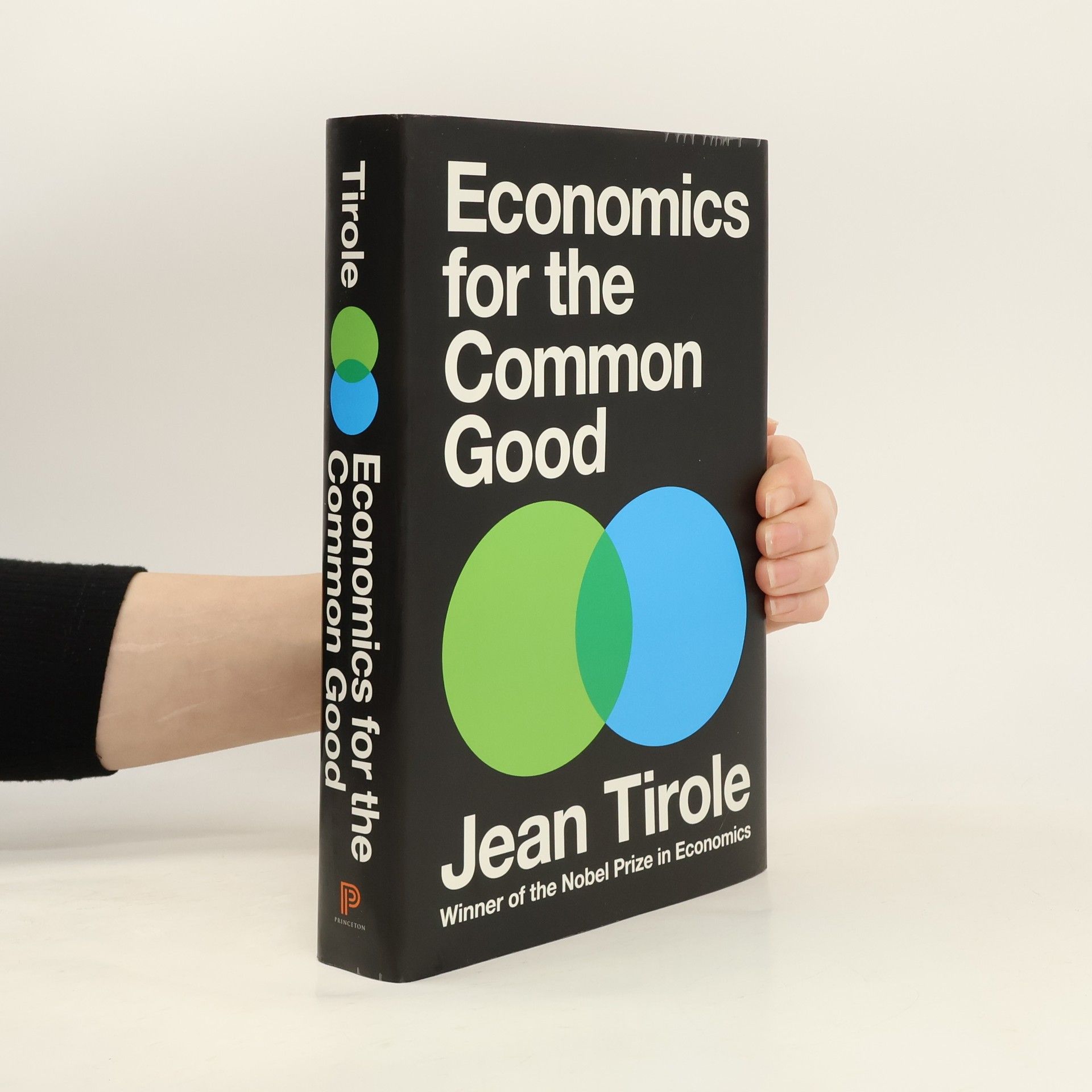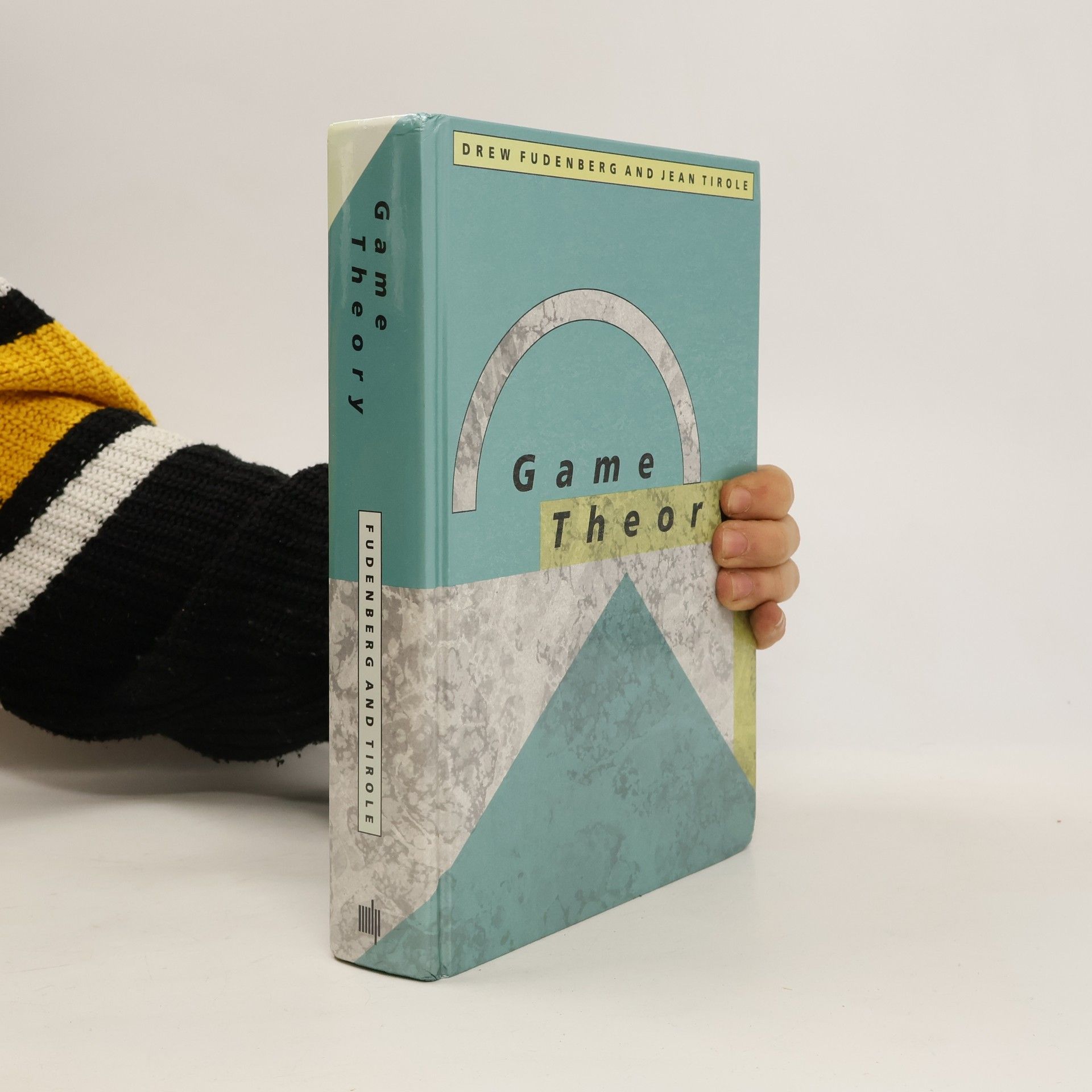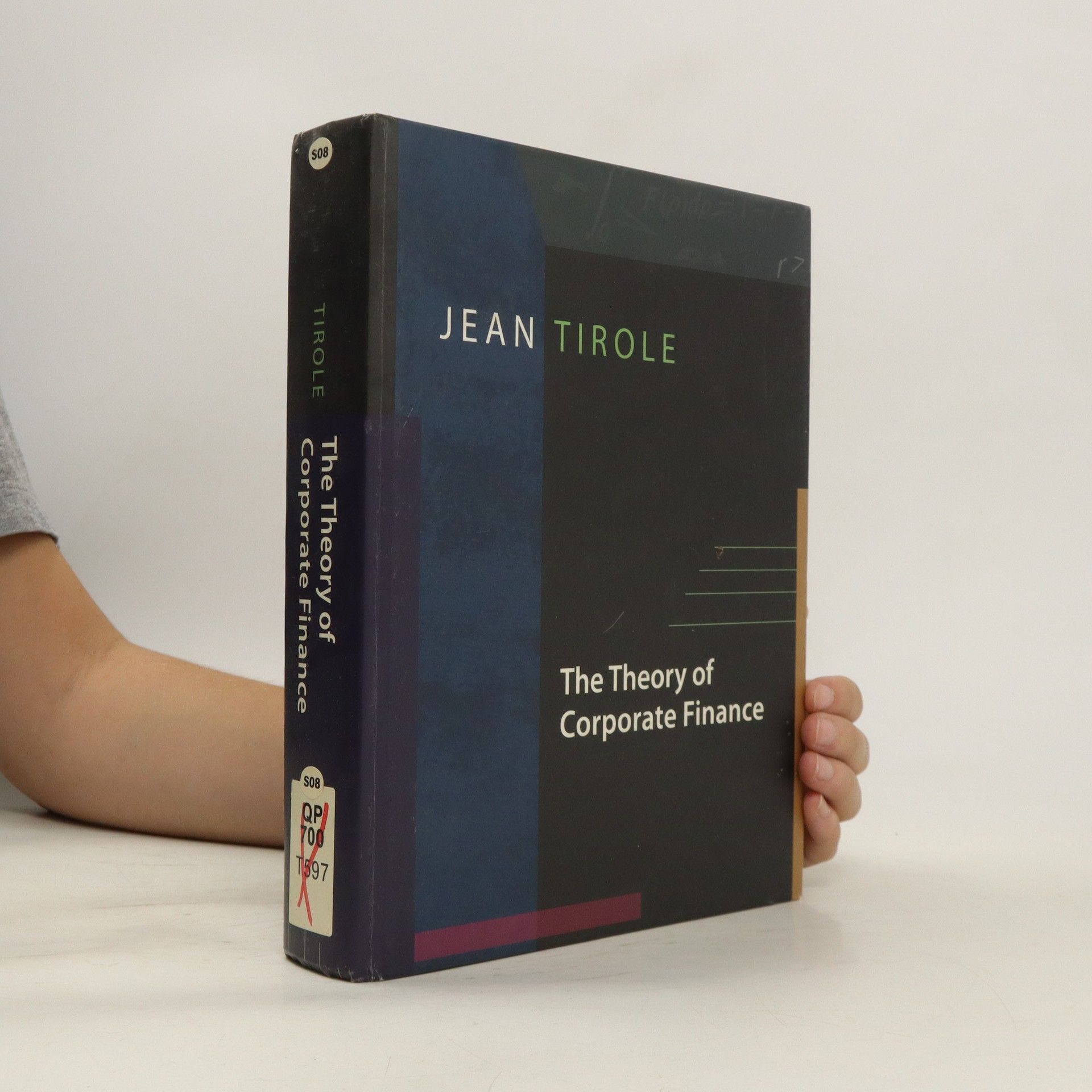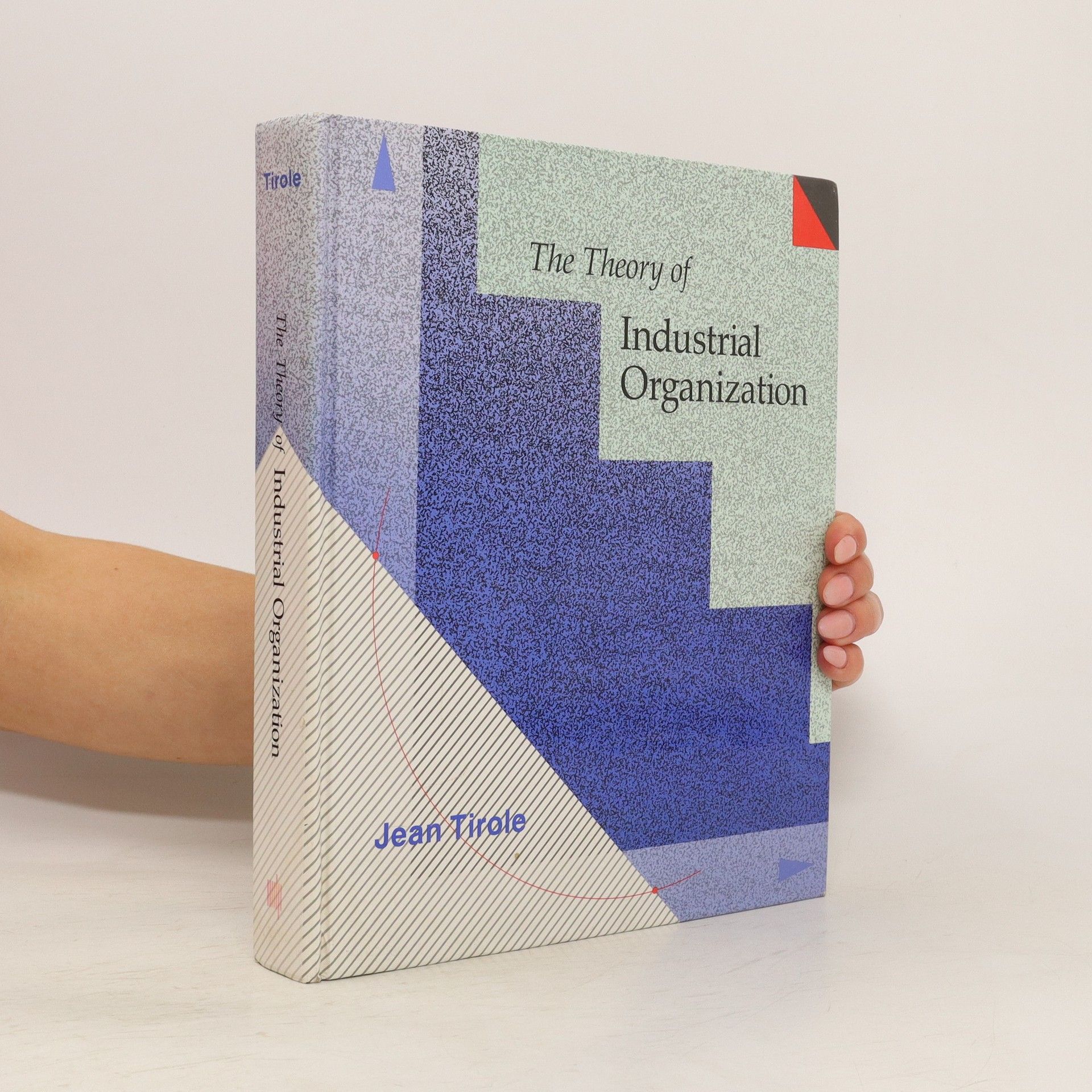La ligue des économistes extraordinaires
Smith, Marx, Keynes et les autres - Édition augmentée avec Jean Tirole, Nobel d'économie 2014 et Thomas Piketty
- 182pages
- 7 heures de lecture
Cette tribu intellectuelle est la plus singulière qui soit: d'Adam Smith à John Maynard Keynes, de Karl Marx à Milton Friedman, les grands économistes tentent depuis deux cents ans de consolider l'édifice branlant qu'est la "science économique".Leurs trouvailles nous fascinent; les détails de leurs vies nous font rire; il était plus que temps de présenter ces énergumènes en bande dessinée.La ligue des économistes extraordinaires raconte les théories, les errements, les éclairs de génie et les comportements farfelus de ces véritables super-héros de la pensée qui sont parvenus collectivement à faire passer pour scientifique un très aléatoire art de prédiction, avec un intervalle de confiance situé quelque part entre ceux de la cartomancie et de la météorologie...




